

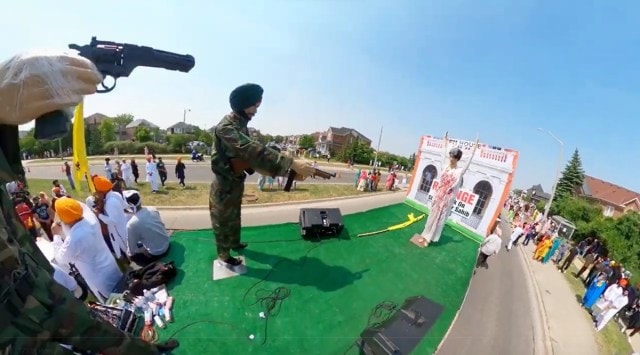
Canadian Public Safety Minister Dominic Leblanc, along with Indian-origin Canadian member of Parliament Chandra Arya, has spoken out against the recent display of posters depicting the assassination of former Indian Prime Minister Indira Gandhi in Vancouver. Both officials emphasized that promoting violence is never acceptable in Canada, and expressed concern over the continued attempts of Khalistani supporters to instill fear in Hindu-Canadians. The incident has further strained the relationship between India and Canada, as the Ministry of External Affairs has strongly condemned the celebration and glorification of violence.
Khalistani Separatism: A Resurgence of Tensions Between India and Canada
The recent display of posters depicting the assassination of former Indian Prime Minister Indira Gandhi in Vancouver has sparked renewed concern over the activities of Khalistani separatists in Canada. Khalistan is a proposed Sikh homeland to be carved out from the Indian state of Punjab.
Background
Khalistani separatism emerged in the 1980s as a response to perceived discrimination and oppression of Sikhs in India. The Sikh separatist movement was led by the militant group Babbar Khalsa International (BKI), which was responsible for violent attacks against Indian government officials. In 1984, the Indian Army stormed the Golden Temple in Amritsar, a sacred Sikh site, to suppress the movement. The operation resulted in the deaths of hundreds of Sikhs and escalated tensions between India and Canada, home to a large Sikh diaspora.
Recent Developments
In recent years, there has been a resurgence of Khalistani activity in Canada. In 2018, the Sikh separatist group Sikhs for Justice (SFJ) organized a referendum on Khalistan's independence in Canada. The Indian government condemned the referendum as illegal and inflammatory.
The recent display of Indira Gandhi assassination posters is the latest in a series of incidents involving Khalistani supporters in Canada. In 2020, a Khalistani flag was raised at the Ontario Legislative Assembly during a Sikh parade. The incident drew widespread condemnation from Canadian officials and the Indian government.
Canada's Response
Canadian authorities have condemned the recent Khalistani activities and emphasized that promoting violence is never acceptable. Public Safety Minister Dominic Leblanc and Indian-origin Canadian member of Parliament Chandra Arya have expressed concern over the continued attempts of Khalistani supporters to instill fear in Hindu-Canadians.
Impact on India-Canada Relations
The Khalistani resurgence has further strained relations between India and Canada. The Indian Ministry of External Affairs has strongly condemned the celebration and glorification of violence. India has also urged Canada to take action against Khalistani groups operating in the country.
Top 5 FAQs and Answers

The Central Selection Board of Constable (CSBC) has released the results for Bihar Police Constable recruitment exam, which was conducted on various dates in August across the state. The Board initially scheduled the exam for October 2023 but had to cancel it after the first day due to issues. A total of 21391 constable positions will be filled through this recruitment drive.
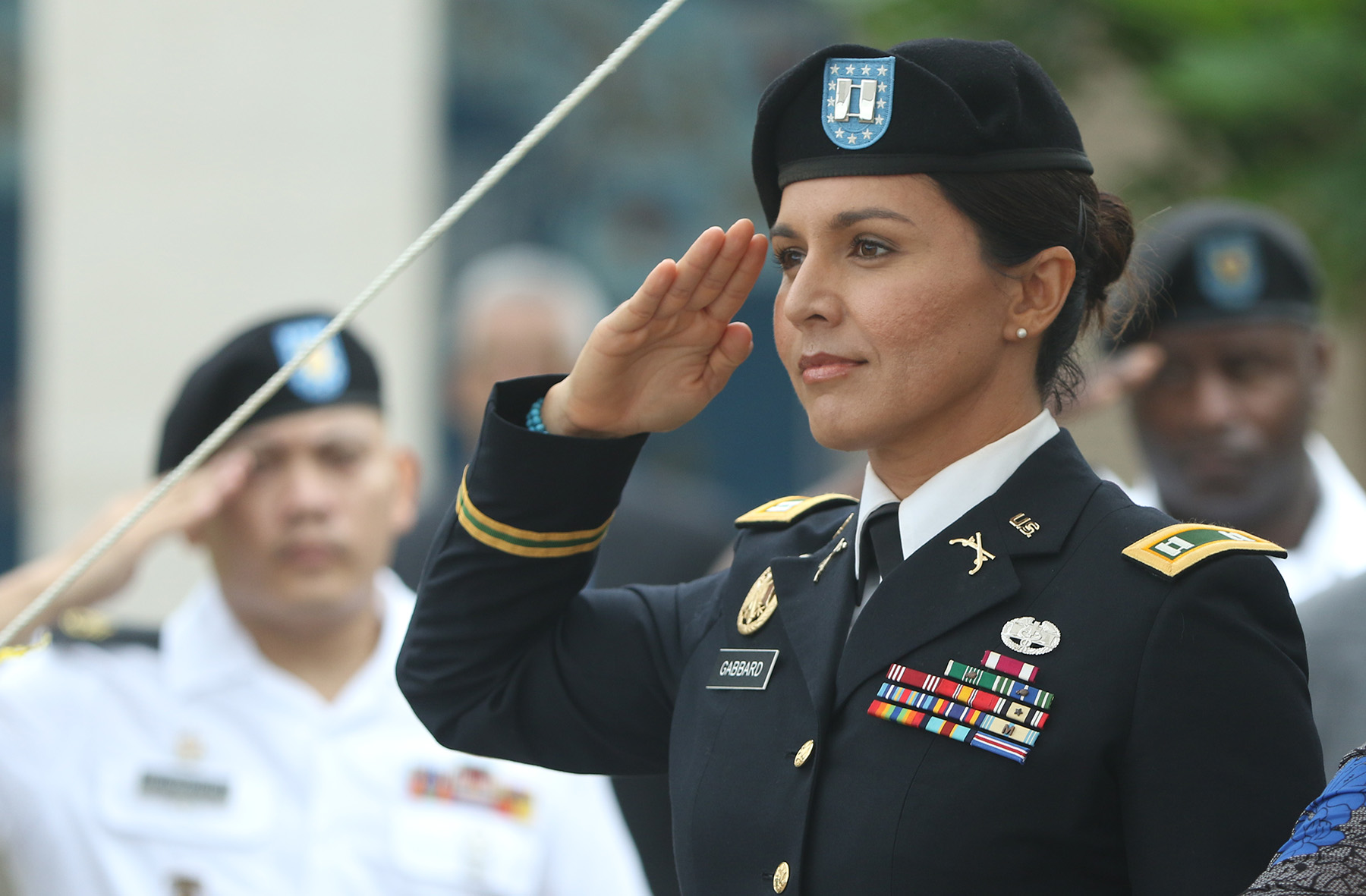
Tulsi Gabbard, a former US Army member and trained in martial arts, has been appointed as the Director of National Intelligence (DNI) by President-elect Donald Trump. A video of her firing guns and pistols and going through a military training course has surfaced, impressing netizens with her skills and determination. Some even believe she has what it takes to become the first female US president.
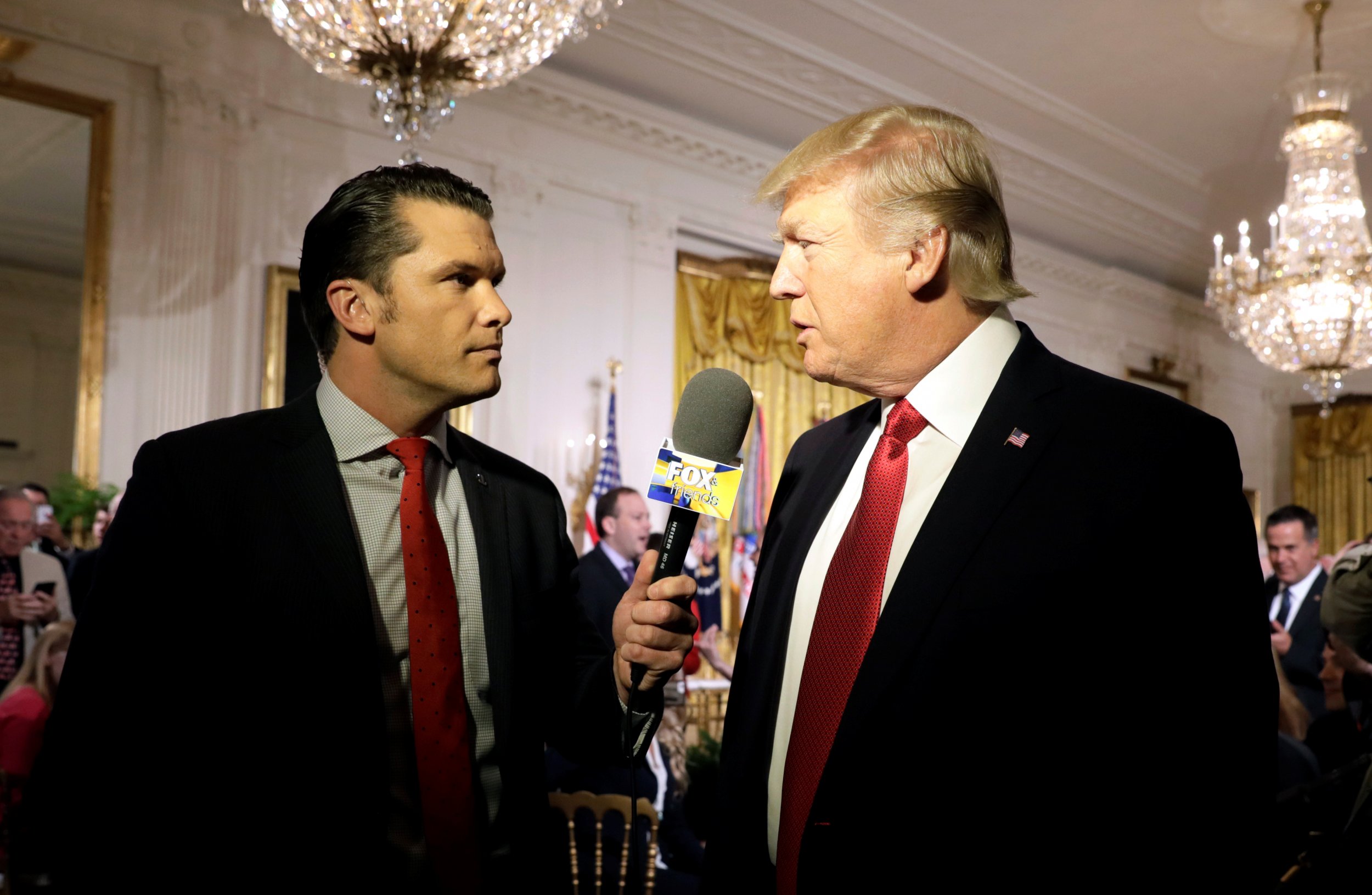
President-elect Trump has chosen Fox News host Pete Hegseth as his nominee for U.S. Secretary of Defense. The controversial pick deviates from the traditional mold for government service as Hegseth lacks senior military or national security experience. While he is best known for his eight years as a commentator and host on Fox News, Hegseth also has a background as an Army Combat Veteran and has led veteran's advocacy groups.
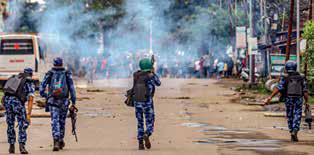
The Ministry of Home Affairs has extended the "Disturbed Areas" status to the jurisdictions of six police stations in Manipur's valley region, following recent incidents of violence. This move comes after months of ethnic conflict in the state, with the MHA citing ongoing sporadic violence in certain areas. While the AFSPA grants armed forces personnel the authority to use force against individuals violating the law, it also requires Central Government approval for prosecution, raising concerns about potential misuse of power.
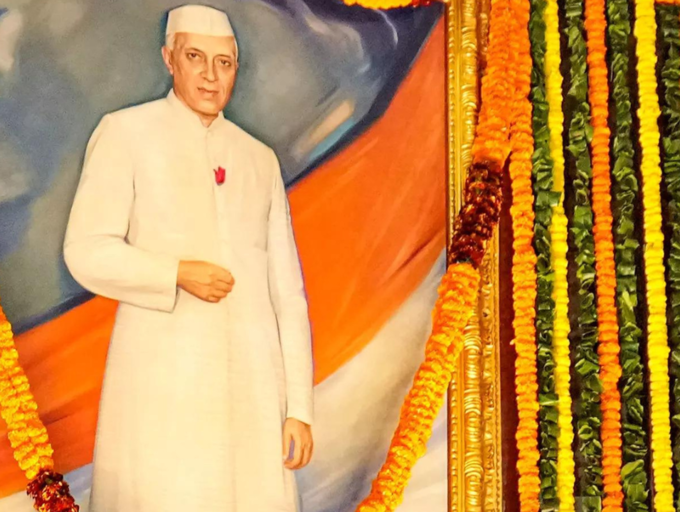
On the birth anniversary of India's first Prime Minister Jawaharlal Nehru, political leaders across the country paid their respects and remembered his contributions to the nation. Prime Minister Narendra Modi, Leader of Opposition Gandhi, and Congress President Kharge all shared heartfelt messages honoring Nehru's values and ideals, which continue to guide India towards progress and inclusivity. Congress leader Priyanka Gandhi Vadra also highlighted Nehru's unwavering commitment to fearlessness and selfless service in nation-building and urged the public to not be swayed by those who spread fear.
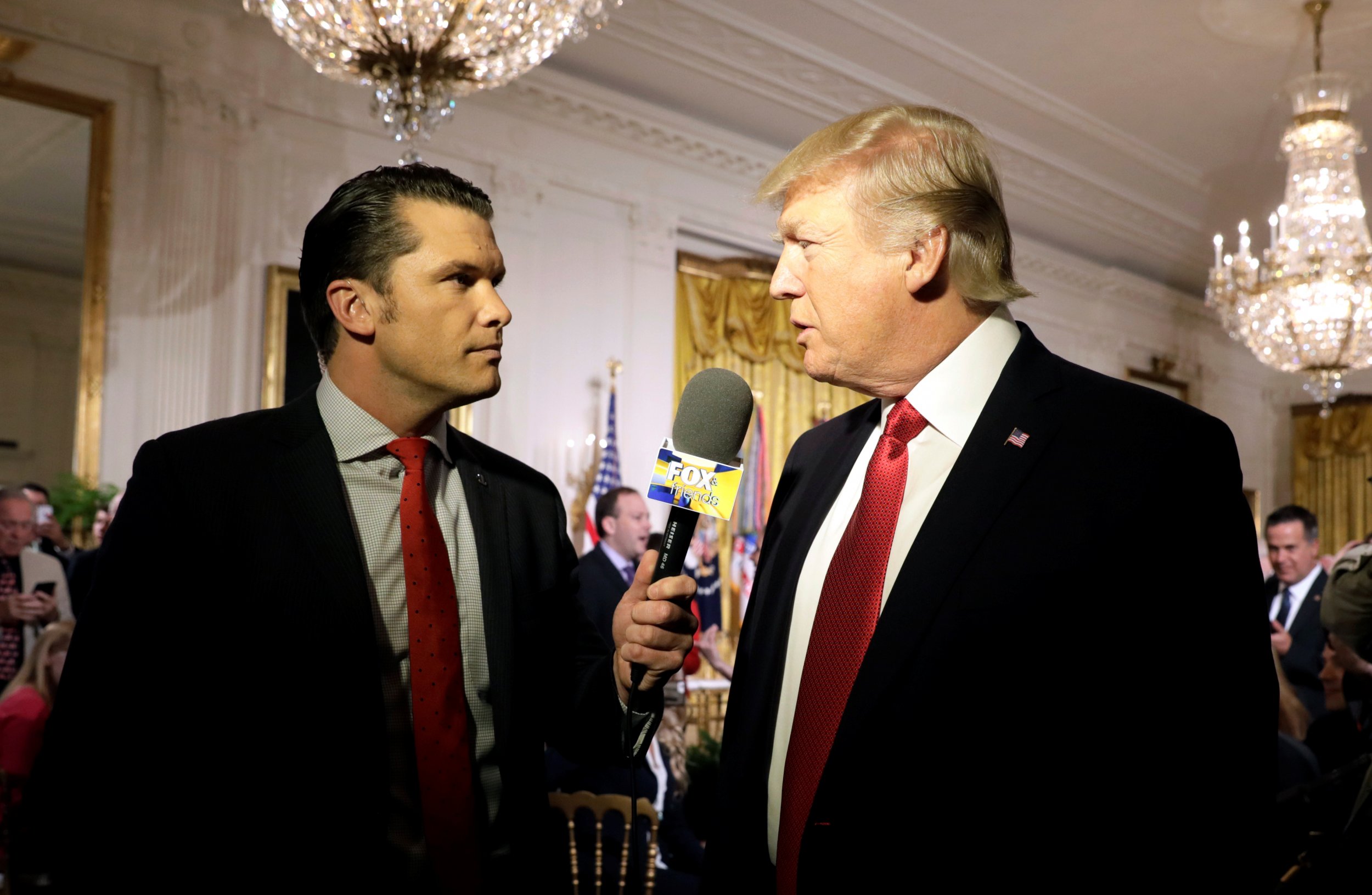
President-elect Donald Trump has chosen Fox News host and former army veteran Pete Hegseth as his nominee for the Defense Secretary role. Critics are raising concerns about his lack of experience and right-wing views, while supporters applaud him for his strong advocacy for military members and pardons for U.S. military service members facing war crime charges. Despite some surprise and hesitancy from Republican senators, former Rep. Jason Chaffetz believes Hegseth's nomination will easily be confirmed.
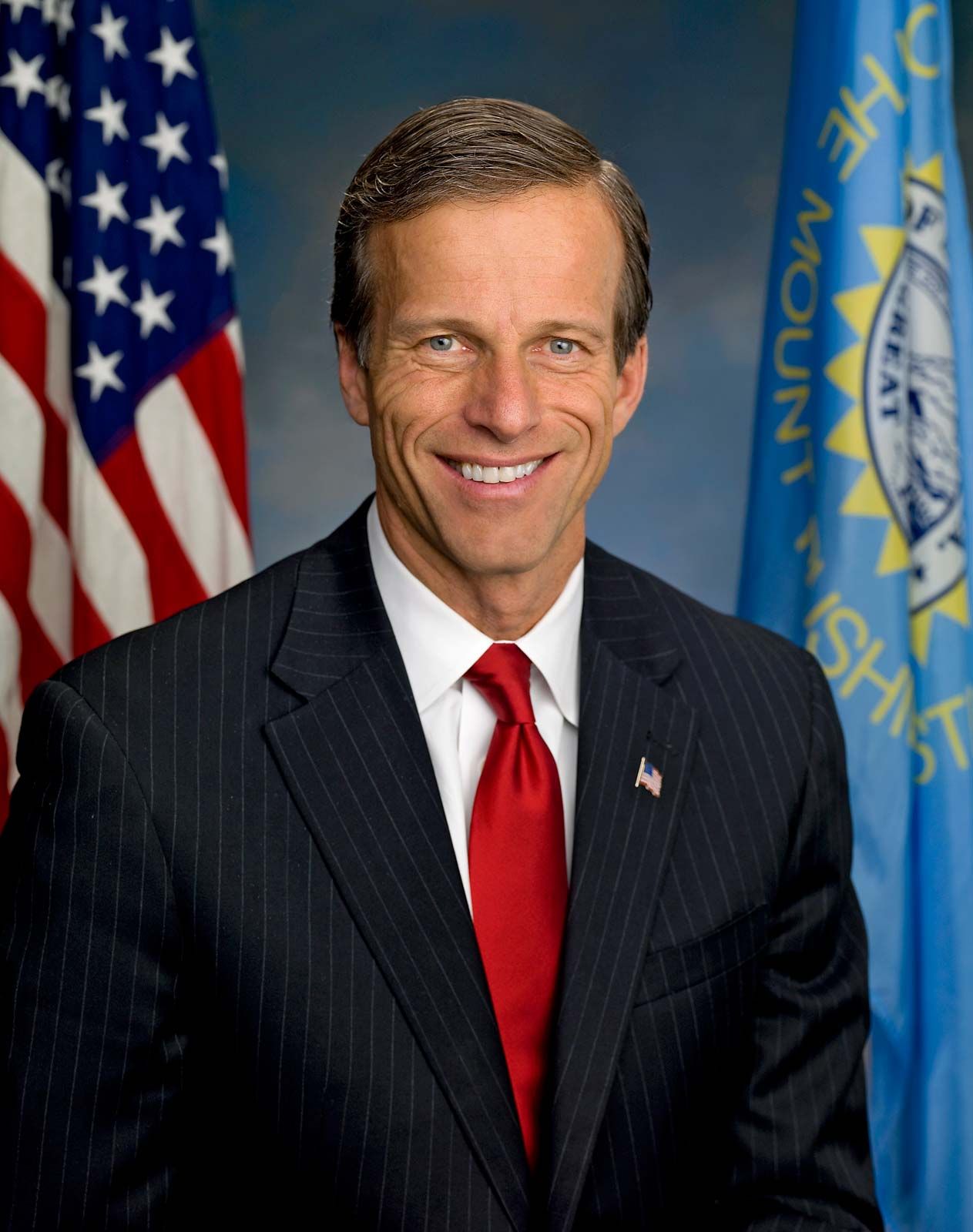
Senator John Thune of South Dakota has been elected as the new majority leader for Senate Republicans, replacing Mitch McConnell. Thune, who has promised to collaborate closely with President-elect Donald Trump, won the internal election against competitors John Cornyn and Rick Scott. As the GOP prepares to take majority control of the Senate, Thune will have the challenging task of managing a divided conference, navigating Trump's demands, and securing policy wins for the new administration.
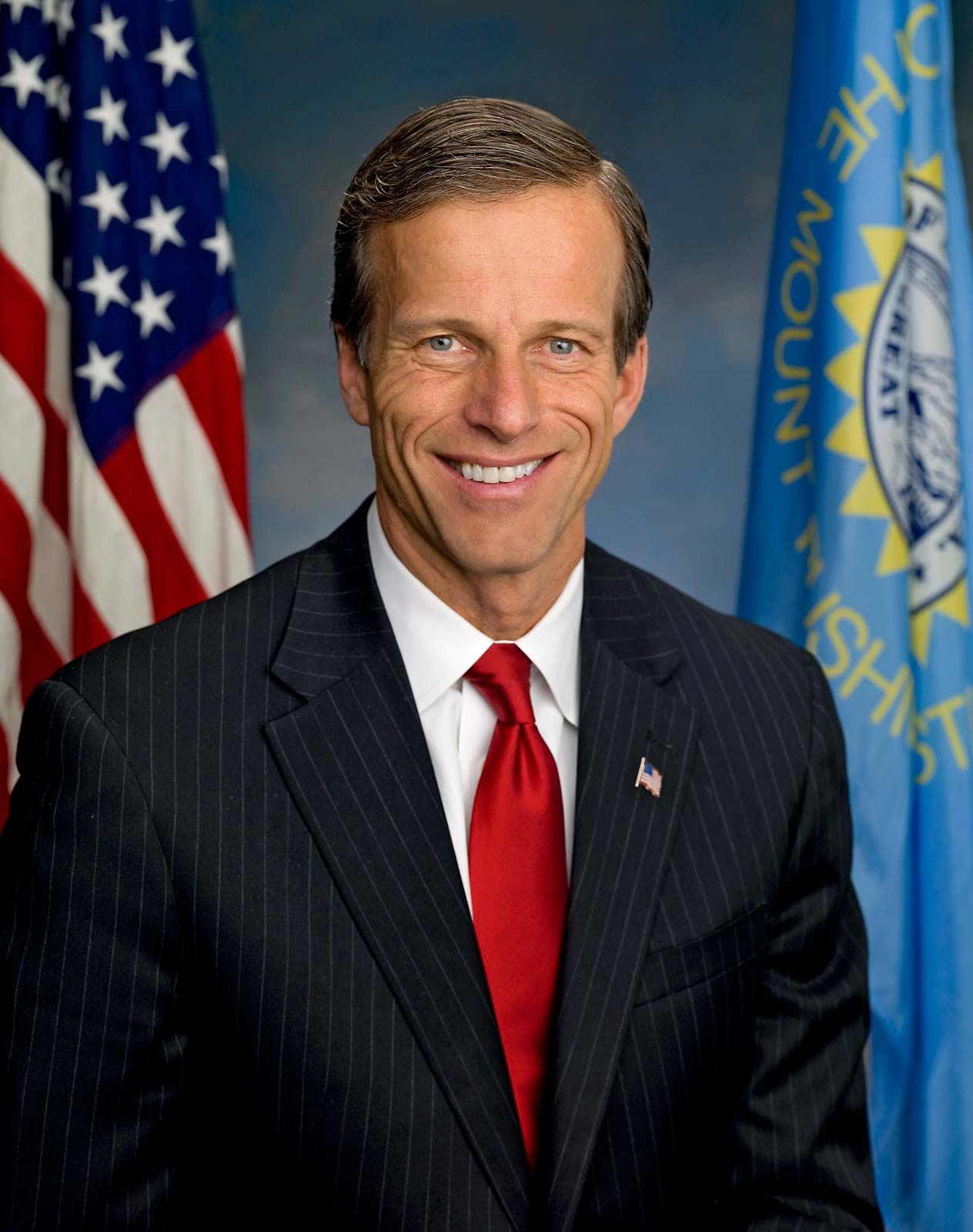
In a momentous shift of power within the GOP, South Dakota Senator John Thune has been elected as the next Senate majority leader, replacing Mitch McConnell. Thune promised to work closely with President-elect Donald Trump, despite their past differences, and will play a crucial role in enacting Trump's policy agenda. By securing the majority support of Republican senators in two rounds of secret ballots, Thune emerged victorious over competitors John Cornyn and Rick Scott. As the first competitive election for Senate leader in three decades, Thune's victory represents a new era in the GOP and a test of his leadership abilities.
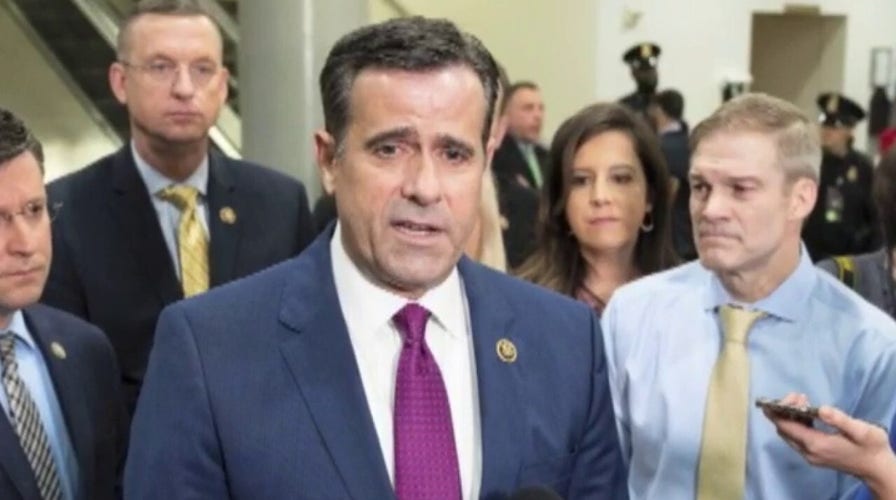
In a surprise move, US President-elect Donald Trump has chosen John Ratcliffe, former director of National Intelligence and close ally, as the director of the Central Intelligence Agency (CIA). Amid speculation that an Indian-origin candidate may be picked, Ratcliffe's selection is seen as a more traditional choice due to his experience in counteracting foreign interference in American politics. Trump has praised Ratcliffe for his honesty and commitment to national security, and announced him as the first person to serve in both the top intelligence roles in the country.
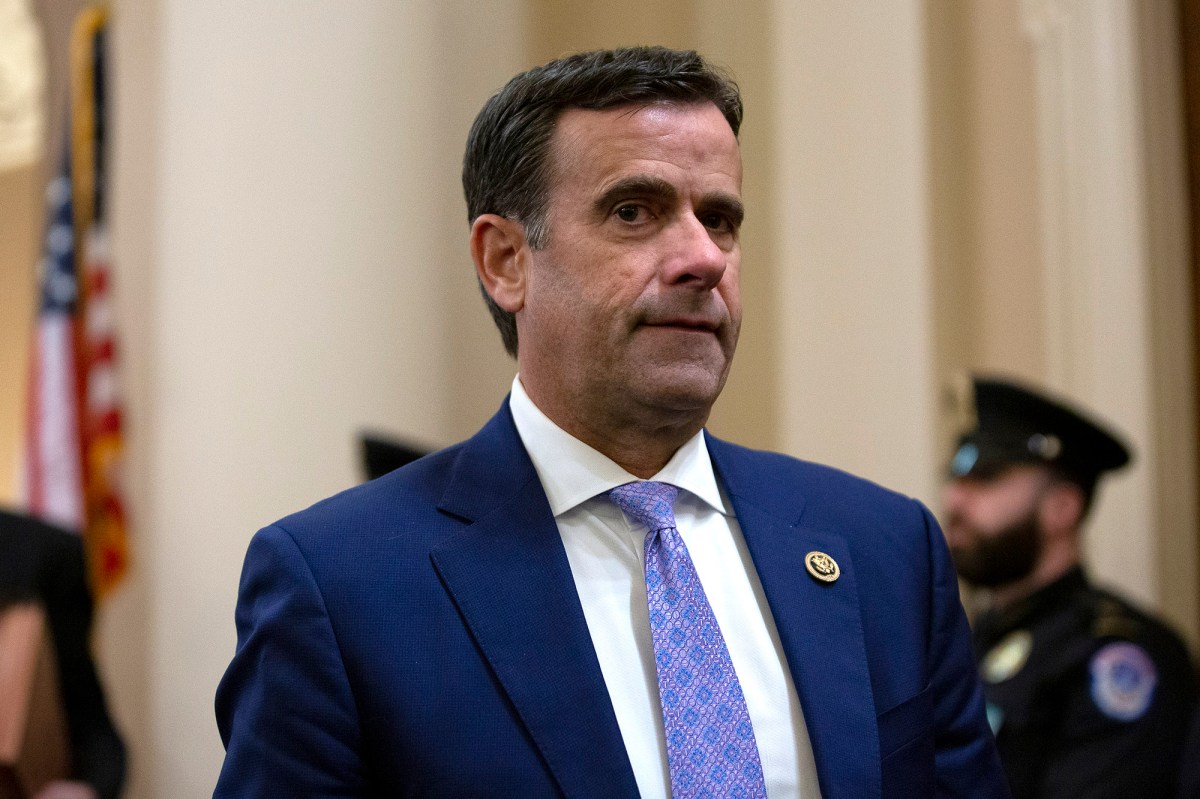
Donald Trump has chosen John Ratcliffe, a former representative from Texas who served as Director of National Intelligence in 2020, to lead the Central Intelligence Agency. Ratcliffe faced earlier controversy when Trump attempted to appoint him as DNI in 2019, but was deemed inexperienced by Congress. He has also advised Trump on national security during his presidential campaign and served as co-chair of a think tank focused on American security. If confirmed, Ratcliffe would be the first person to serve in both of the nation's highest intelligence positions.